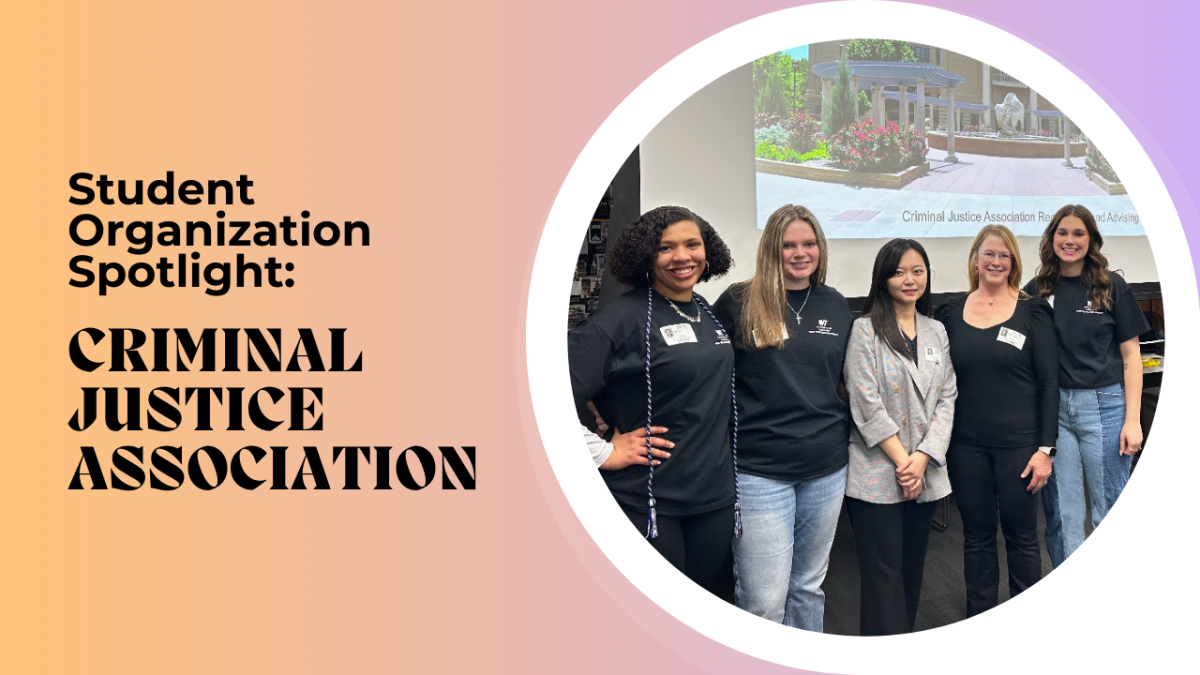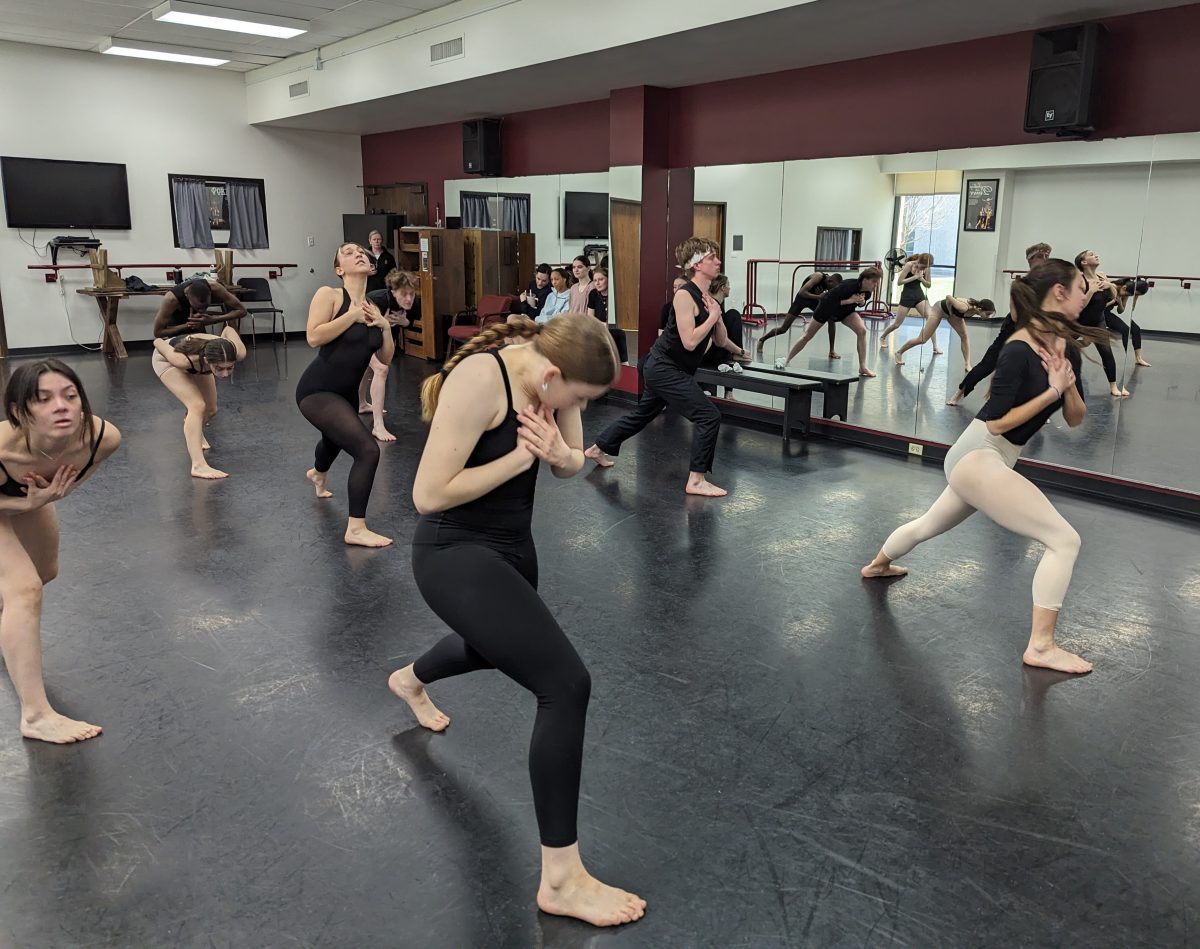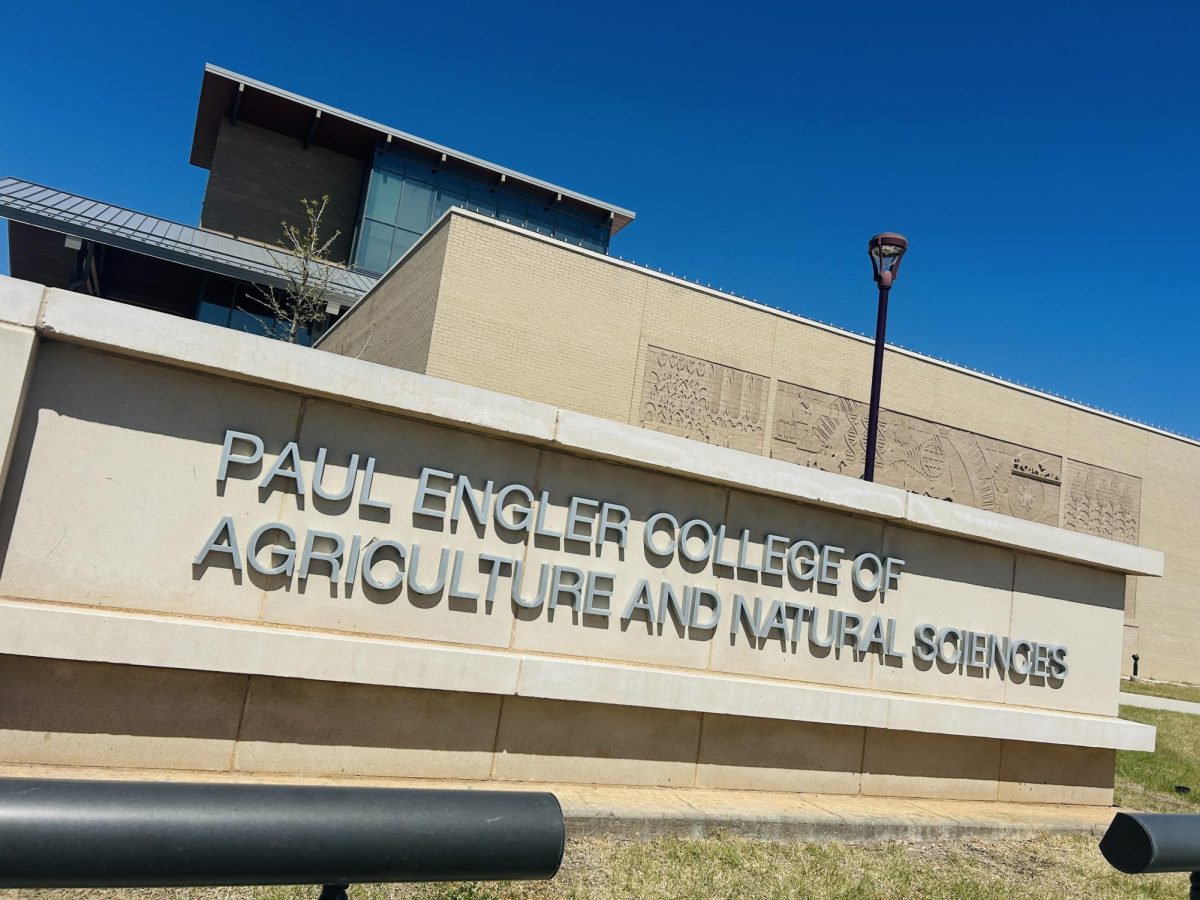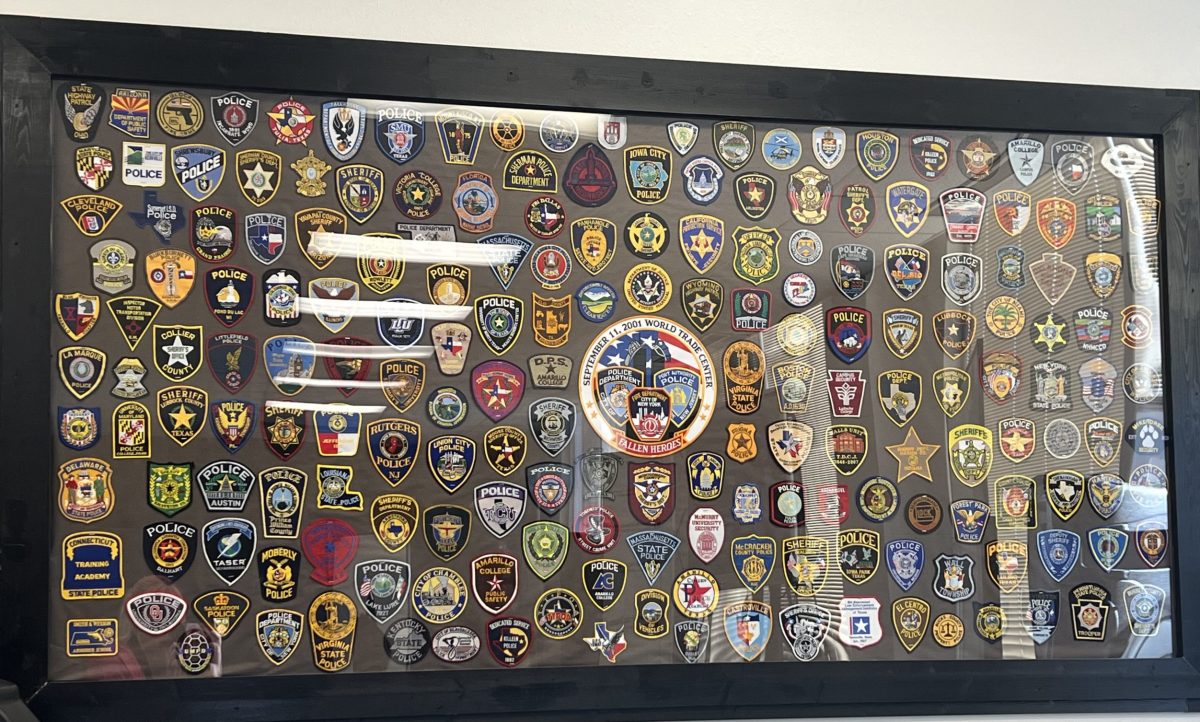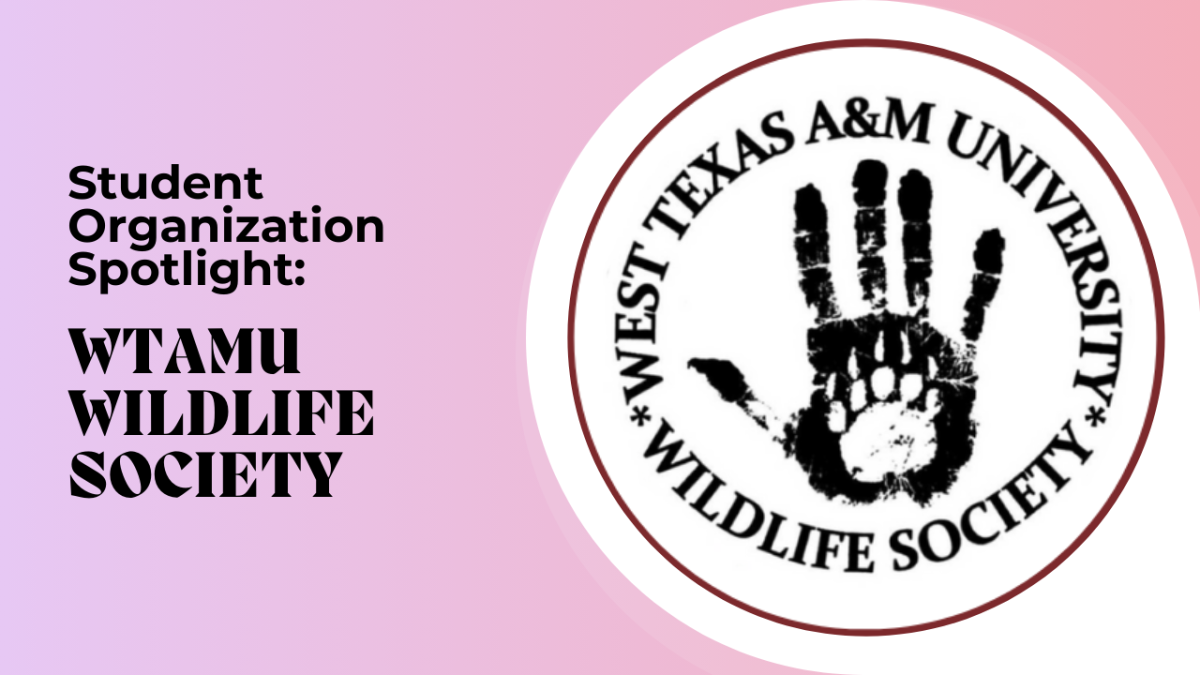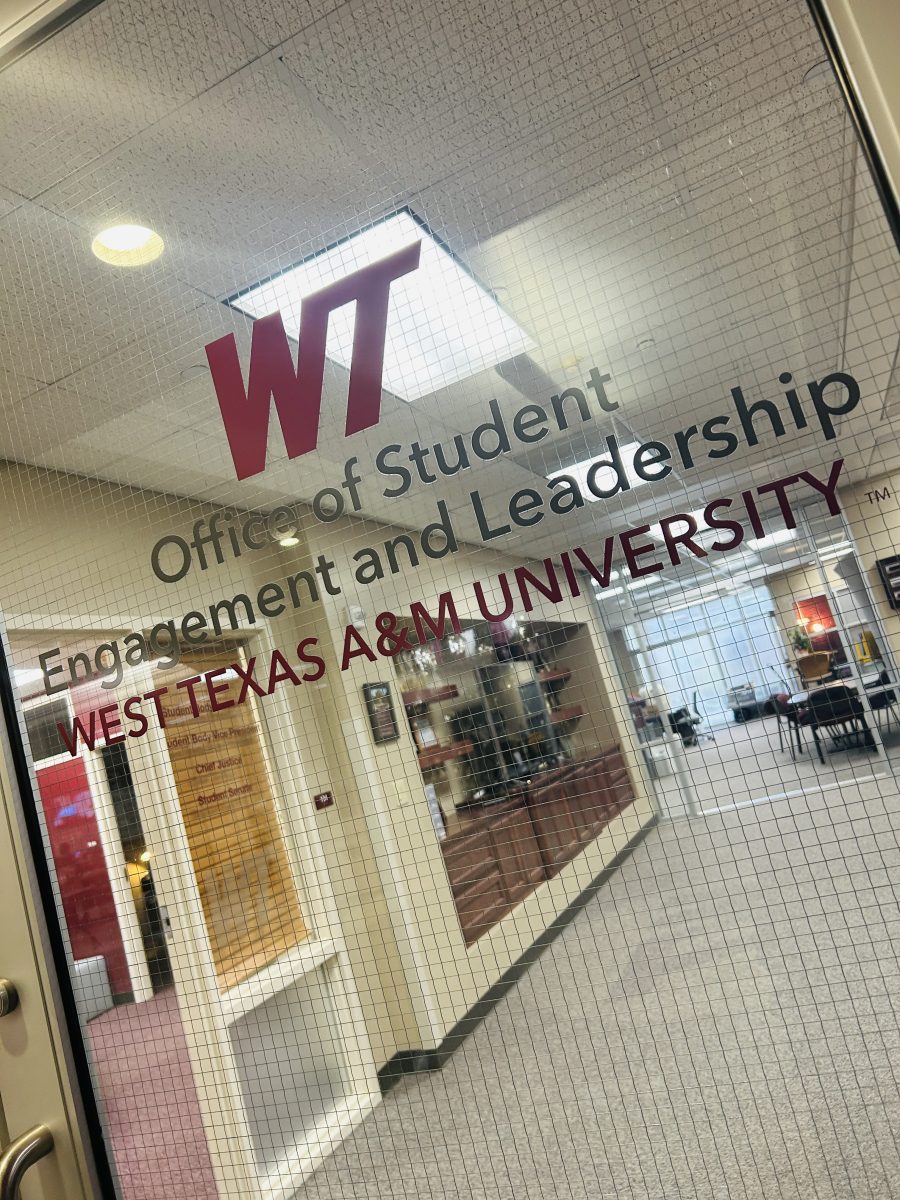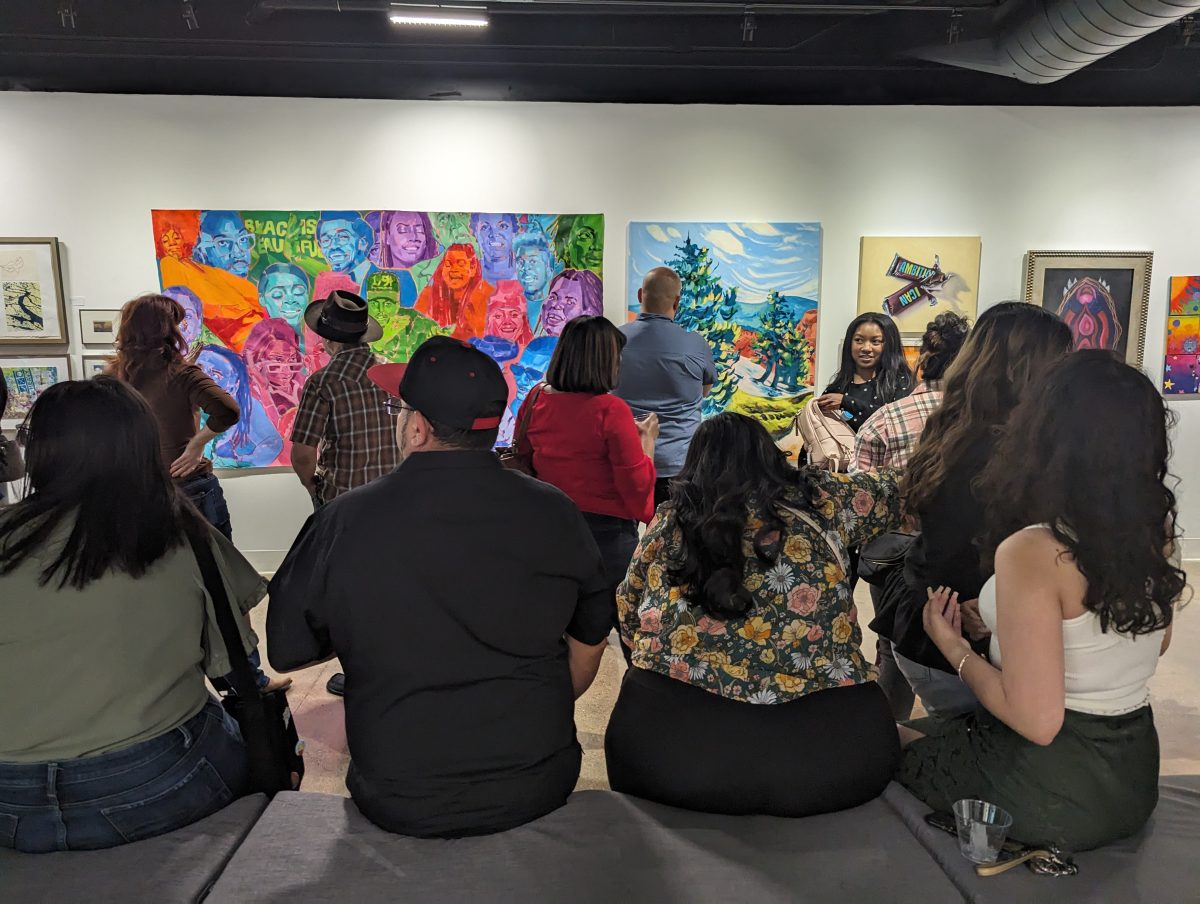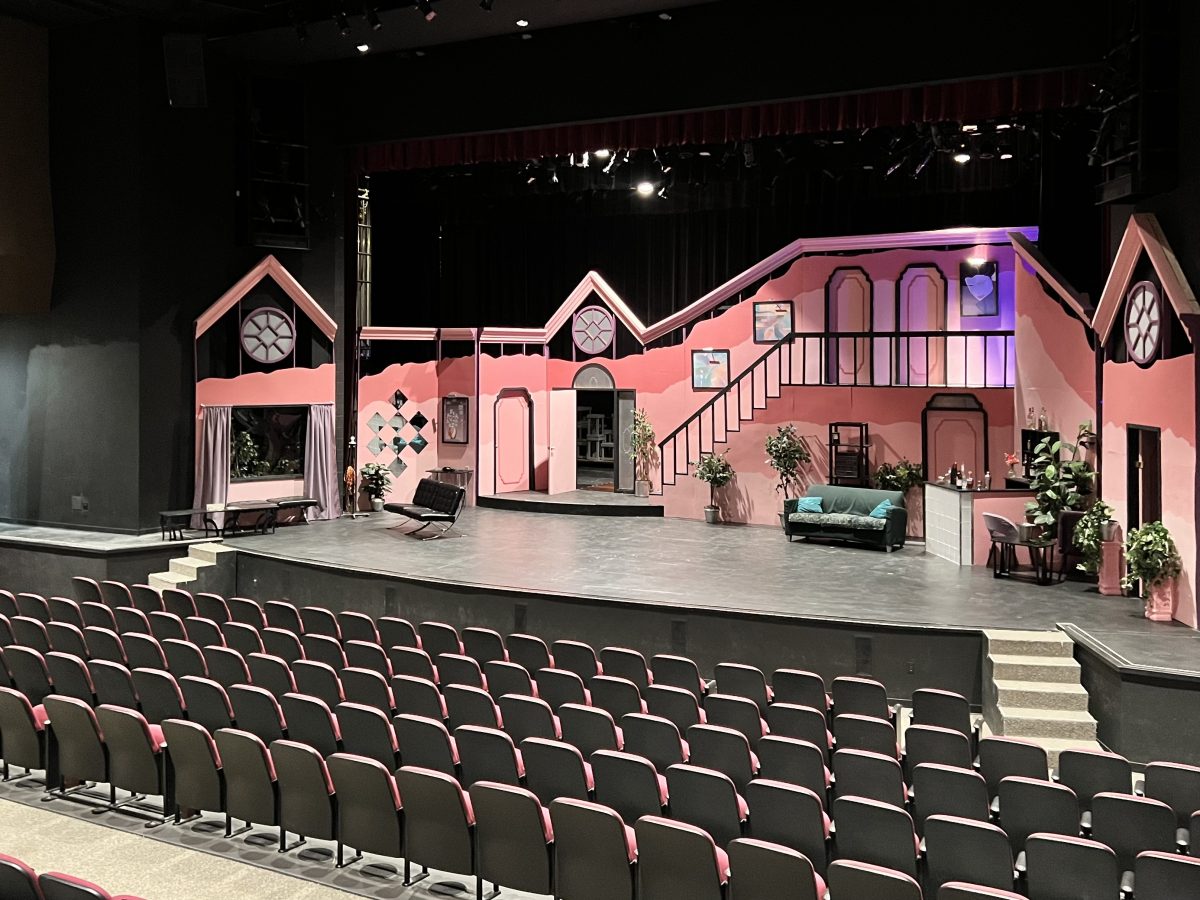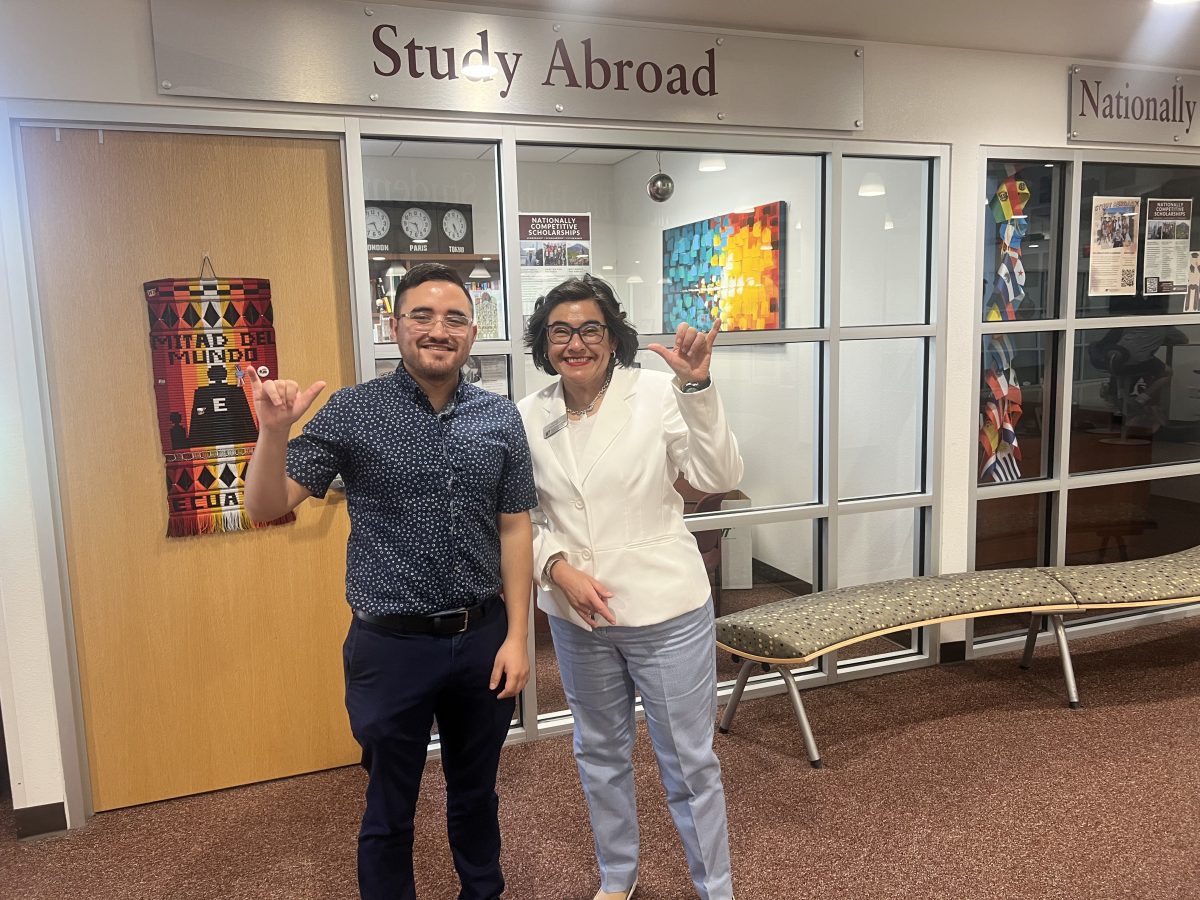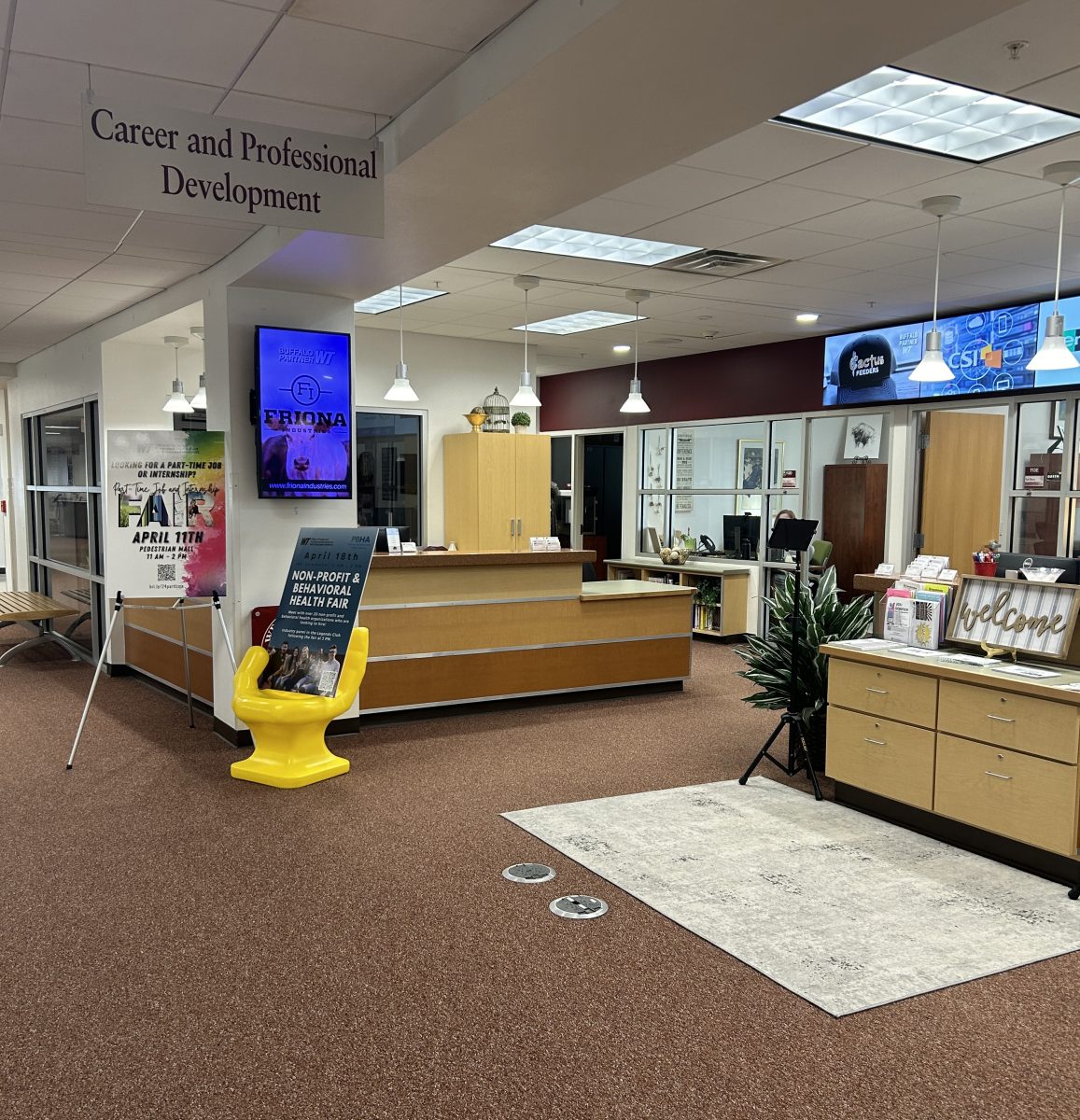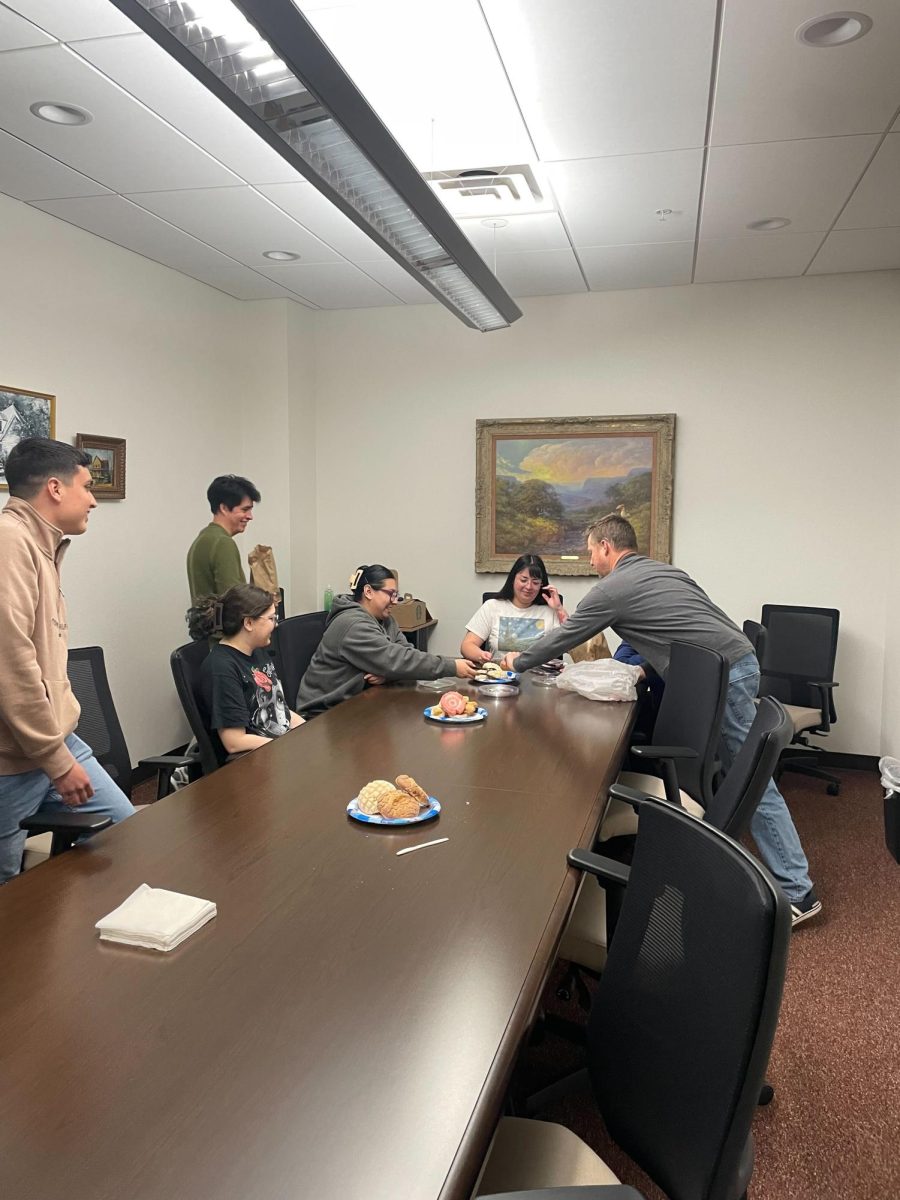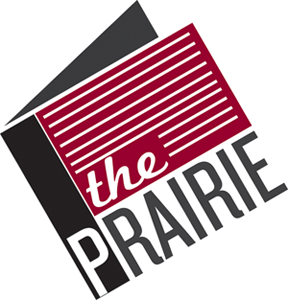
Nov. 3 marked the second birth of a cloned calf to WTAMU, who has partnered with the company Viagen, rancher Jason Abraham and local veterinarian Dr. Gregg Veneklasen to make this possible.
The calves were not genetically engineered but instead made to be a clone of a carcass with the desirable traits of being graded Prime and Yield Grade 1. These two characteristics are extremely rare in the beef industry with only .003 percent of animals possessing these traits. The characteristic of Prime is based on the taste factor of beef and Yield Grade 1 is in reference to the ratio of muscle to fat. These characteristics are highly sought after throughout the industry and this project will lead to a new herd of cattle that will possess these traits.
“There are two things that make beef very valuable. One is what we call marbling or taste fat. That’s those little flecks of fat that are actually within the muscle and add to the tenderness, juiciness or flavor of the steak,” said Dr. Don Topliff, dean of the College of Agriculture, Science and Engineering. “There is another criteria called yield grade. Yield grade goes from one to five with one having the most saleable meat and five having the least. Yield grade one are relatively lean on the outside.”
Samples the size of a quarter are shipped off to Viagen where they insert the DNA into an egg that no longer contains a nucleus and fuse them together. The next step is to insert the egg into a surrogate who will give birth to an identical clone to the DNA sample nine months later. Viagen is the leading company in cloning and owns the patent.
“If you want to do this you become their partner. They are extremely willing and have bent over backwards to help us in any way that we have needed,” said Dr. Ty Lawrence, associate professor of Animal Science.
Cloning was FDA-approved in 2008, so this new breed of cattle could be put into the food chain. The two cloned calves, on the other hand, will not be used for this purpose.
Around 40 students have been involved with the two-year project. Lawrence and Dr. David Lust, associate professor of Animal Science, had their students collect samples from carcasses with the traits they are looking for and take care of both the surrogate mothers and newborn calves.
“It’s a fantastic way to engage today’s students. Science really comes alive for the students,” said Lust. “It’s a way to teach people about agriculture in general.”
The project not only improves the quality of meat but is also beneficial to the environment.
“Not only are these animals more valuable but they get to the point quicker. We are increasing the value and doing it in a shorter amount of time, which reduces the amount of resources required to get that animal to market,” Topliff said. “Not only that, but it has a benefit to the environment. If we can get these cattle to market in a shorter amount of time and have them be at least equal if not better in quality than the others, then that’s a win for everybody.”
The project will continue to move forward over the next few years with the students continuing to find samples of new cell lines to build the herds.



